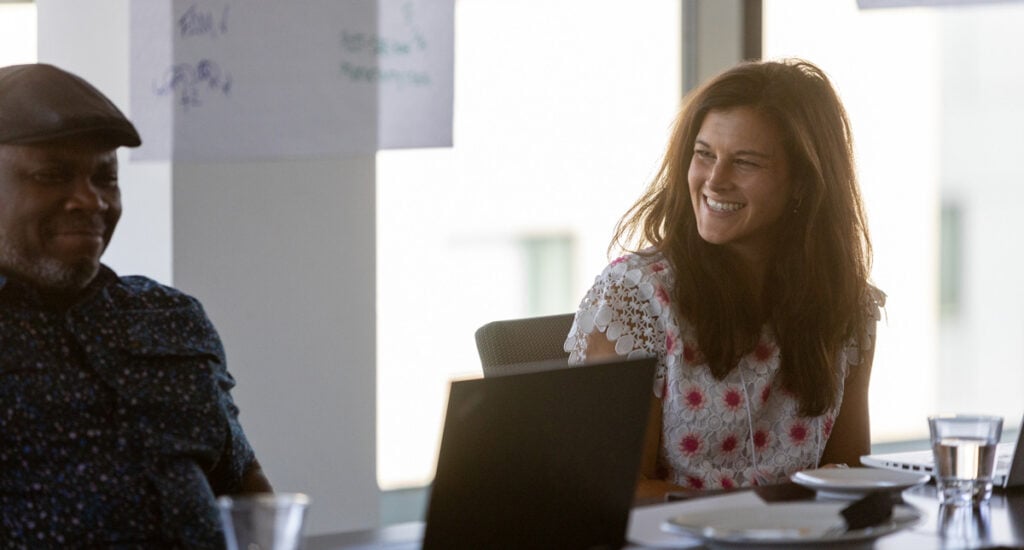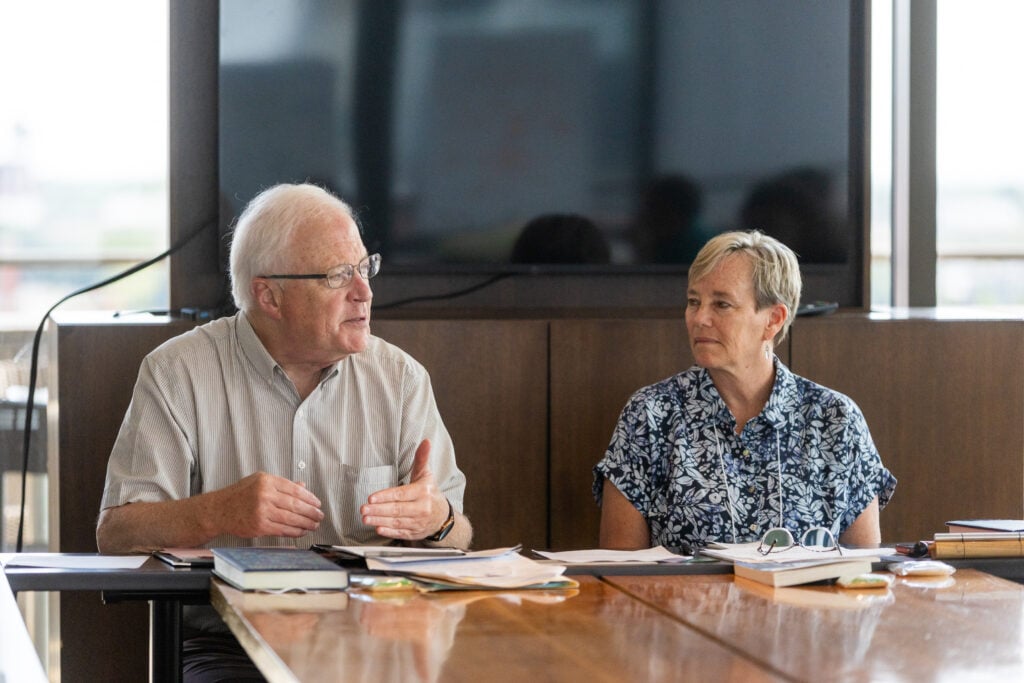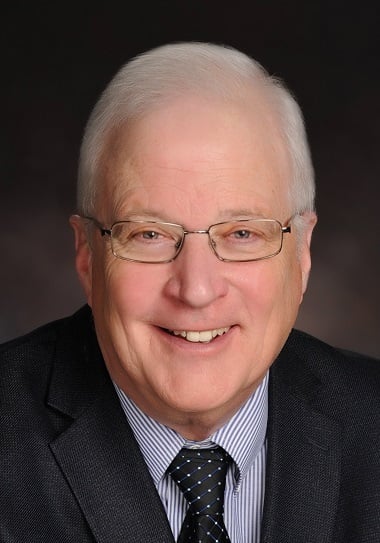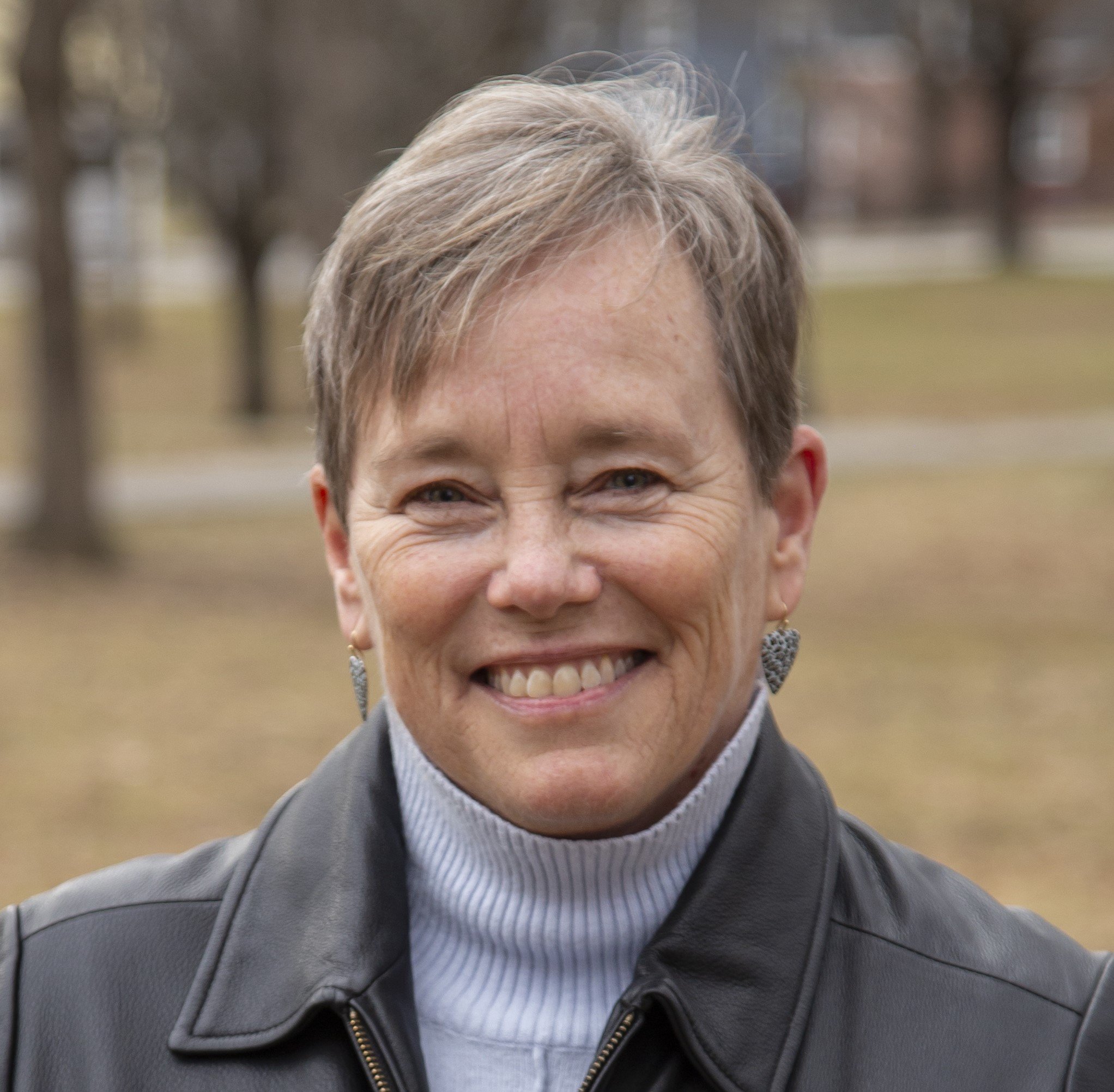CIC is pleased to offer a multidisciplinary seminar, Teaching Vocational Exploration, for full-time faculty members in all fields at colleges and universities that are members of the Network for Vocation in Undergraduate Education (NetVUE). The seminar is designed for early- to mid-career faculty members at the rank of assistant or associate professor or the equivalent. Participants will learn to strengthen the teaching of vocational exploration by probing a variety of understandings of vocation and their importance in educating undergraduates, by developing new courses or course materials or redesigning existing courses, and by establishing a broader network of faculty members committed to teaching vocational exploration.

Thanks to a generous grant from Lilly Endowment Inc., CIC will cover most costs of participation for those faculty members who are selected.
Read further for more information; alternatively, you can download our flyer for the 2026 Faculty Seminar, which can be printed or forwarded to interested faculty members. The 2026 Faculty Seminar will take place June 1–5, 2026 at the Alexander Hotel in Indianapolis, IN.
About the NetVUE Seminar on Teaching Vocational Exploration

One of the most promising ways that faculty members can serve their students is to introduce them to the subject of vocation. What would it mean for students to think of themselves as “called” or “summoned” to use their intellect and abilities to have an impact on the world by doing good? Faculty members committed to vocational exploration strive to help students discover what could constitute a truly good, meaningful, and flourishing life that would lead to well-being for themselves and others. This work can expand, deepen, and enrich faculty members’ understanding of the privilege and responsibility of their own callings as teachers.
Participating faculty members will have the opportunity to strengthen their teaching of vocational exploration through three specific emphases of the seminar:
- examining different meanings of “vocation” and their importance for undergraduate education;
- considering content and teaching methods for courses that focus on vocational exploration; and
- reflecting on the shape and experience of the academic vocation.

Discussions also will focus on mentoring students for ongoing vocational exploration, understanding the characteristics of emerging adults, and considering how social, cultural, and institutional dynamics both facilitate and hinder living out one’s vocation. In preparation for the seminar, participants will be expected to read a significant selection of materials on vocation and to submit a brief written reflection. They also will be expected, in the academic year following the seminar, to develop a new course or course materials or to redesign an existing course with greater focus on vocational exploration. Seminar participants are invited to gather again, the following summer, for a short weekend “reunion,” in which they will be asked to share their experiences of implementing their plans in their classrooms.
Current Status
The seminar will take place on June 1–5, 2026 at the Alexander Hotel in Indianapolis, IN. Up to 16 participants will be selected each year by competitive nomination. NetVUE member colleges and universities may nominate one full-time faculty member—in any discipline or department—at the rank of assistant or associate professor or the equivalent. Selected participants are notified in early December for the following summer’s seminar.

Seminar Leaders

Paul J. Wadell is professor emeritus of theology and religious studies at St. Norbert College. From 2000 to 2010, he was coordinator for faculty and staff development of St. Norbert’s Faith, Learning, and Vocation program. Previously, he taught for many years at Catholic Theological Union. His principal areas of scholarly interest include virtue ethics, the role of friendship in the moral life, and theological and ethical dimensions of vocation. He is the co-author of Living Vocationally: The Journey of the Called Life (2021) and the author of a number of other books, including Happiness and the Christian Moral Life: An Introduction to Christian Ethics (2007), Becoming Friends: Worship, Justice, and the Practice of Christian Friendship (2002), and Friendship and the Moral Life (1989). Wadell participated in the NetVUE Scholarly Resources Project and wrote “An Itinerary of Hope: Called to a Magnanimous Way of Life” in At This Time and In This Place: Vocation and Higher Education (2016). He served as a member of the NetVUE Advisory Council from 2010 to 2020. Wadell earned a BA in English from Bellarmine University, an MDiv and MA in theology from Catholic Theological Union, and a PhD in theology from the University of Notre Dame.

Darby Kathleen Ray is the Donald W. and Ann M. Harward Professor of Civic Engagement at Bates College, where she also is professor of religious studies and director of the Harward Center for Community Partnerships. At Bates, she leads institutional strategy and program development in support of the college’s civic mission, teaches in religious studies, leads workshops and seminars in community-engaged learning and research, and develops college-community collaborations. Previously, Ray was a professor of religious studies at Millsaps College, where she also was founding director of the Millsaps Faith and Work Initiative. She is the author of Working (2011), Incarnation and Imagination: A Christian Ethic of Ingenuity (2008), and Theology That Matters: Ecology, Economy, and God (2006). She also participated in the NetVUE Scholarly Resources Project and wrote “Self, World, and the Space Between: Community Engagement as Vocational Discernment” in At This Time and In This Place: Vocation and Higher Education (2016). Ray earned a BA from Sewanee: The University of the South and an MA and PhD from Vanderbilt University—all in religion.
Location and Expenses
The seminar will take place June 1-5, 2026, at the Alexander Hotel in Indianapolis, Indiana. Thanks to generous support from Lilly Endowment Inc., CIC will cover most seminar costs, including materials, lodging, and meals, and will provide a travel reimbursement of up to $800 per participant. Since the first seminar in 2017, a total of 111 participants have been selected for this program.
Contact Information
For questions about the seminar or the application process, contact Rachael Baker, NetVUE associate director, at (616) 632-1060 or rbaker@cic.edu.
Other NetVUE Seminars
CIC also offers four other NetVUE summer seminars, each of which is described on a separate webpage:

Designed for staff who direct campus programs or serve in other long-term administrative capacities, but who do not also hold faculty appointments.

For faculty members and staff who are considering ways of contributing to the wider national conversation about vocation and calling.

For faculty members and staff who have taken on administrative roles (associate deans, assistant provosts, and the like) and who would like to explore campus-wide projects that encourage vocational exploration.

For full-time faculty members at all levels to examine the interrelationship of the study of vocation and calling with the academic fields of theology and religious studies, exploring implications for research, teaching, and service to the institution.
About NetVUE
Learn more about NetVUE, including the array of programs and services that are available to member institutions.

To report a technical problem with the website, or to offer suggestions for navigation and content issues, please contact Alex Stephenson, NetVUE communications coordinator, at astephenson@cic.edu.



